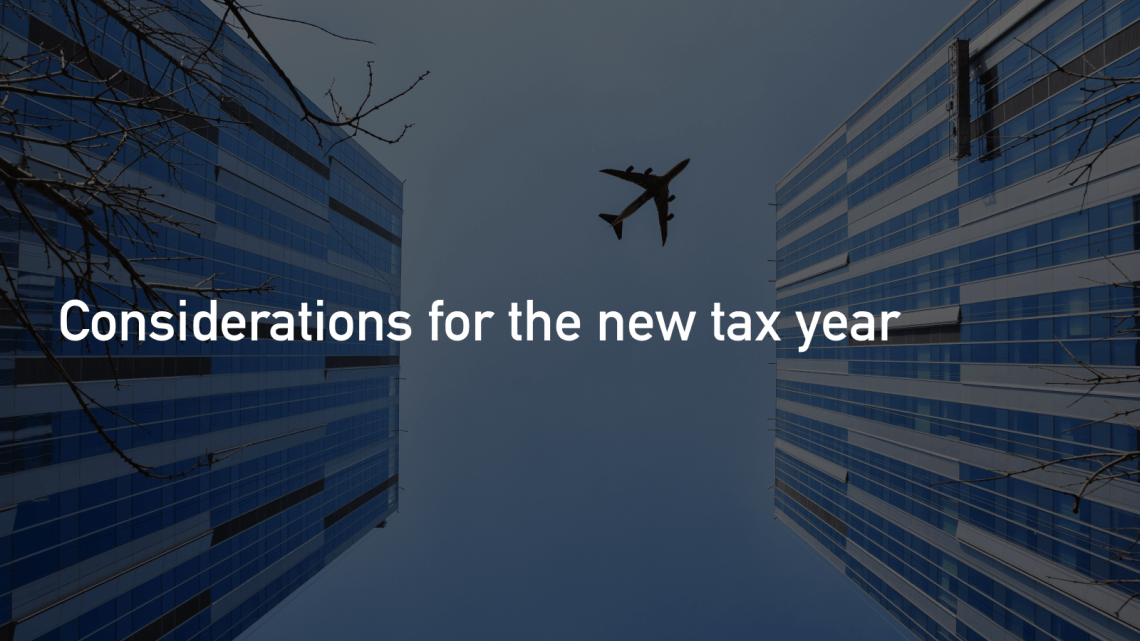
As a new tax year beckons, it is once again important to make internationally mobile employees aware of a highly valuable tax relief known as Overseas Workday Relief. Such employees should arrange their finances accordingly so that these potential tax savings are not left on the table.
The Relief
Overseas Workday Relief offers certain non-UK domiciled employees the opportunity to apportion their earnings between their UK duties and overseas duties. Provided the earnings are paid and retained outside the UK the employee can shelter the overseas earnings from UK tax by claiming the remittance basis of taxation.
The relief is not limited to just payments of salary – earnings can include performance bonuses, share awards and share option gains. Some taxable benefits cannot be apportioned under the relief as they are deemed to be automatically remitted to the UK.
For the purposes of this relief overseas duties are generally taken to mean workdays performed physically outside the UK.
For example, if an employee works 240 days during the tax year – of which 24 days are spent working overseas – as long as 10% of their salary has been paid and retained overseas – the amount that relates to overseas duties can be sheltered under a remittance basis claim.
Provided that the employee has not been resident in any of the three preceding tax years then the relief is available in the year of arrival and the following two tax years. Careful planning around the timing of arrival can therefore significantly impact the availability of the relief.
Best Practice
The relief is only available to the extent that monies are retained indefinitely outside the UK. It is recommended that the employee has all their salary paid into an overseas bank account and remit funds to the UK only as required – this will hopefully maximise the opportunity to claim the relief on the monies which remain offshore.
In order to fully benefit from Overseas Workday Relief the employee’s earnings should be paid to a non-UK bank account that:
It is recommended that such an account is set up prior to arrival in the UK. The employee will need to nominate this account in writing to the HMRC on their self-assessment Tax Return. Although not essential, it is recommended that a new account is opened each tax year.
HMRC often raise checks into claims for Overseas Workday Relief so good record-keeping is essential. For example, they may request items such as work calendars and plane tickets as evidence of any such claim.
Specialist advice should be sought before making a claim for Overseas Workday Relief – we would be happy to assist with any such claim, so do please get in touch.
We’d love to hear from you. To book an appointment or to find out more about our services: